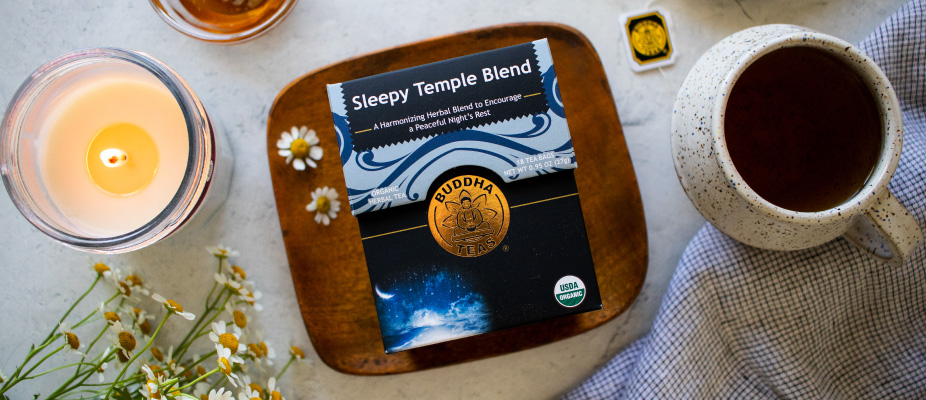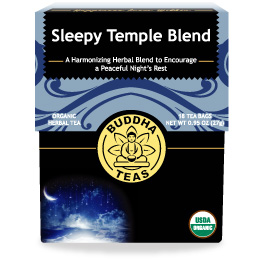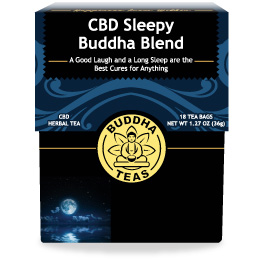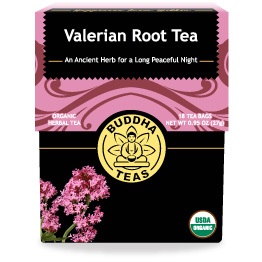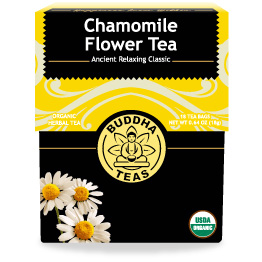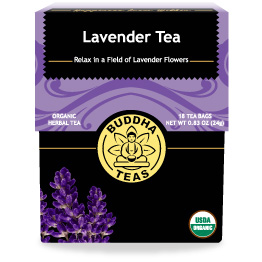Good sleep is essential to our health and wellbeing, but many of us aren’t getting enough of it. According to the CDC, 35% of all adults in the U.S. report sleeping on average for less than seven hours per night. With the end of daylight savings on the horizon, it’s a good time to take a closer look at your sleep habits.
Luckily, falling back is the easier transition, so enjoy that extra snooze. But as good as that hour may feel, know that it still might throw off your sleep patterns. To minimize the impact and stay well rested, incorporate these practices into your routine.
Keep a consistent sleep schedule
Setting a regular bedtime, then sticking to it, is the most important practice to support restful sleep. If you’re not sure when to hit the hay, try this sleep calculator.
Embrace better sleep hygiene
Yes, your bedtime habits are important, but the foundation for a good night’s sleep starts as soon as you wake up. Here are some practices to support better sleep even when it’s light out.
- Spend time outdoors to sync your biological rhythms with nature. Early morning sunlight stops the production of melatonin to help you awaken, while evening darkness signals your body that it’s time to wind down.
- Practice yoga or qigong daily. In a survey, 55% of people who practice yoga reported better sleep while 85% reported better relaxation.
- Move your body. 150 minutes of moderate exercise each week can improve sleep by up to 65%.
- Eat dinner at least three hours before bedtime. Ideally, eat your main meal in the early afternoon followed by a light dinner.
- During the hour before bedtime avoid stimulating activity and disruptive blue light. Take a relaxing shower or indulge in a foot massage with oil.
- Sleep on your right side to promote left nostril breathing, which in turn benefits relaxation. Keep your bedroom very dark.
Support sleep with herbal teas
For centuries, herbal medicine has helped promote relaxation and better sleep. Our teas are carefully crafted with bioavailable organic and wildcrafted ingredients to help ease you into dreamland.
Skullcap
Skullcap has been used for more than 200 years as a mild relaxant and as a therapy for anxiety and nervous tension. Studies show that skullcap has significant antioxidant effects, and may help protect against neurological disorders, anxiety and depression. [Source]
Sleepy Temple Blend - A synergistic blend of known calming herbs like lavender flower, chamomile flower, licorice root, skullcap, and spearmint leaf. Enjoy a mellow, soothing flavor and added anti-inflammatory benefits.
CBD
Preliminary research suggests CBD can help with a number of sleep disorders including insomnia, REM sleep, behavior disorder, and excessive daytime sleepiness disorder. Additional preliminary research suggests CBD can also help patients improve sleep and reduce anxiety. [Source]
CBD Sleepy Buddha - Our combination of water-soluble CBD, relaxing chamomile, mood-elevating lavender and harmonizing licorice will assist you with a restful, rejuvenating night’s sleep. Skullcap, long known for its relaxing properties, completes this delicious blend.
Valerian
Valerian is used to relieve anxiety, depression and poor sleep, and also to ease menstrual and stomach cramps. Valerian has a mild calming effect that does not usually result in sleepiness the next day. As a sleep aid, valerian seems to be most effective for people who have trouble falling asleep or wake up during the night. [Source]
Valerian Root Tea - A known sleep aid, valerian root is rich in alkaloids, gamma-aminobutyric acid and isovaltrates, all compounds that support more restful sleep.
Chamomile
Chamomile is widely regarded as a mild tranquilizer and sleep-inducer. Traditionally, chamomile preparations such as tea and essential oil aromatherapy have been used to treat insomnia and to induce calming effects. [Source]
Chamomile Flower Tea - Our single herb chamomile tea is known as a relaxant and digestive aid. Loaded with antioxidants, it may reduce inflammation and boasts a soothing, mild and pleasantly sweet flavor.
Lavender
Lavender has been widely used in the treatment of anxiety disorders and related conditions. In addition, lavender may improve restlessness, disturbed sleep, and somatic complaints and has a beneficial influence on general well-being and quality of life. [Source]
Lavender Tea - Our single herb lavender tea is aromatic and relaxing. Lavender flowers provide natural aromatherapy benefits as well as flavonoids and tannins.




